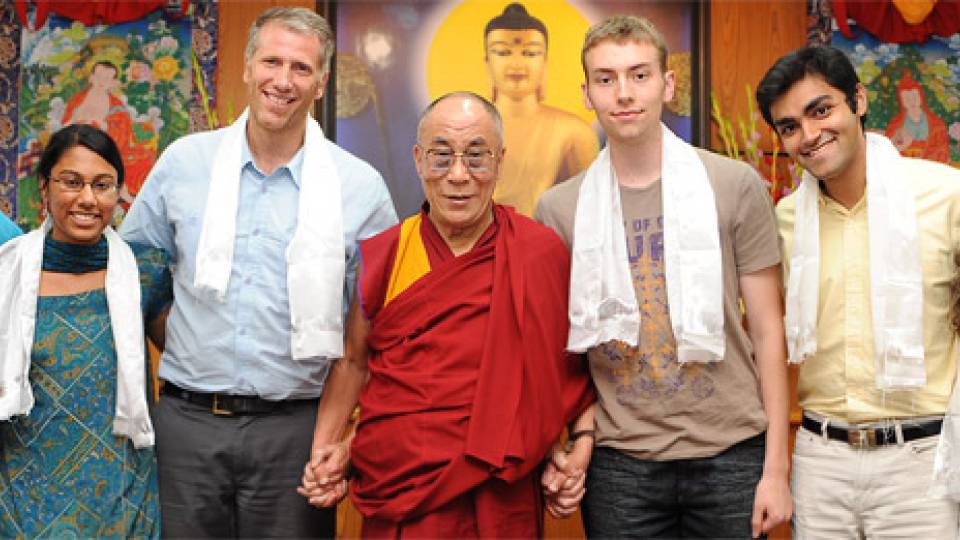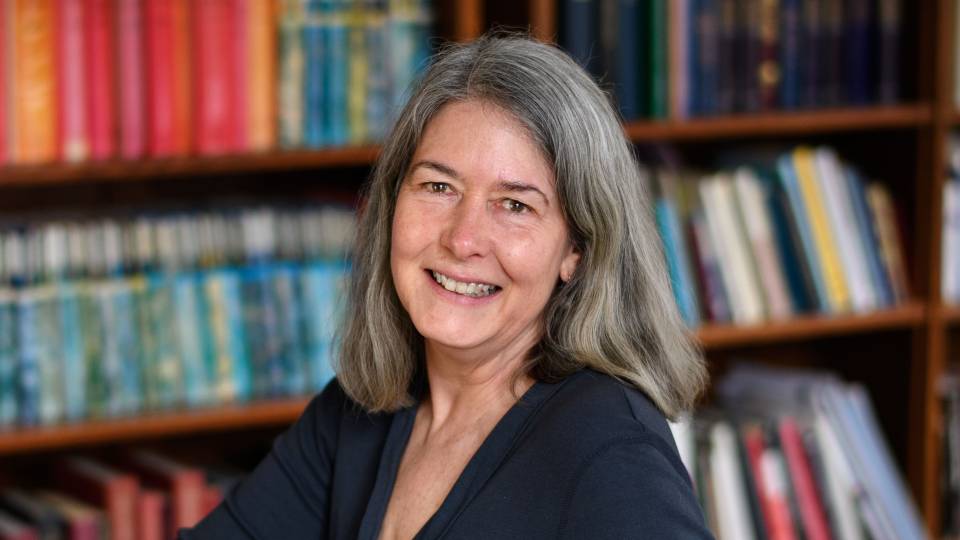Princeton University's Office of Religious Life supports a community of many faiths in the exploration of religious, moral and ethical questions.
"We have a wonderful time learning from each other and with each other about what we each believe, what we value, where our commitments are, and what we want to do to contribute to just and equitable societies around the world," said Alison Boden, dean of religious life and the chapel, who has led the office since 2007.
The office promotes the care, counseling and support for a variety of religious and secular groups — including Baha'i, Buddhist, Christian, Hindu, Jewish, humanist, Muslim, Sikh and Unitarian — on campus. The office also provides opportunities for interfaith understanding, community service, social action, religious literacy and immersion in sacred arts.
"We come from different backgrounds, and the way we start dialogue first is by learning from each other's personal story," said senior Kujegi Camara. "So we are able to put a human face to someone else's religion and really understand why they believe what they do and what motivates them."
These activities — as well as an interfaith meditation room and Muslim prayer room — are typically housed in Murray-Dodge Hall, but the Office of Religious Life is based in Green Hall this academic year as Murray-Dodge is renovated. Green Hall also has a Hindu prayer room.
Another key space for reflection is the University Chapel, the site of many interfaith University convocations as well as denominational services open to the public. In addition, the Center for Jewish Life builds and sustains a welcoming, caring and multifaceted Jewish community that is integrated into the fabric of campus life, and it has a kosher dining hall.




